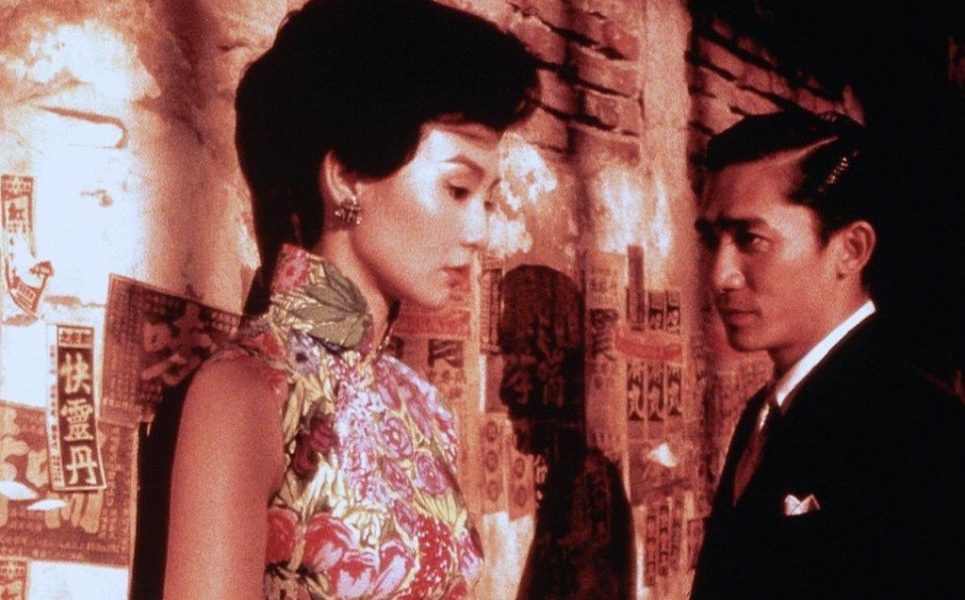‘In The Mood For Love’ is not just a film; it is poetry in motion. With beautiful, captivating images and equally exquisite, soul-piercing music, ‘In The Mood For Love’ tells the complex story of two simple individuals caught together in circumstances that ever-so-unpredictable life can pose. Two individuals who go through the fear and the lure of falling in love, and once in love, the sheer pain of leaving it incomplete. ‘In the Mood for Love’ has so much love simmering underneath the surface that it could very well be one of the most romantic films ever made. Rarely a film, so understated and reserved, has such an impact after viewing.
One must remember, though, ‘In The Mood for Love’ is not about the perks of being in love, but rather the consequences of being in it, especially when love is not what you seek to attain but what you seek to sacrifice. That also gives rise to an interesting dichotomy of perception of love: whether love is giving up your happiness for the sake of someone (you love), or is it in the perseverance to attain it? Obviously, it depends on who you ask, though the two characters in ‘In The Mood For Love’ surely believe in the former.
‘In The Mood of Love’ is a story of Chow Mo-wan and Su Li-zhen who are neighbors and come close together due to the circumstances created by their respective partners who are having an extra-marital affair. But, slowly they develop a liking for each other and subsequently fall in love, but they decide not to follow the footsteps of their respective partners and keep their love platonic. As these two try to maintain the sanctity of their respective marriages, what ensues is the test of their own patience and character. Though the film doesn’t encompass any tragic tone, it leaves you with a lump throat and a sense of emptiness. And more than anything, it amazes you with the sheer power of its imagery and story-telling. The magnificent orchestration and the appealing imagery complement each other in ways I have rarely seen before.
The film barely has dialogues, and in its most quiet moments, the two leads convey more with glances than what could be said with thousand spoken words. The most cleverly entertaining moments are when the leads play pretense games, where both pretend to be someone they are not; that also gives them opportunities to be more open, playful, and romantic with each other, which they have prohibited themselves from being in reality. The games offer them a place of solace and a kind of an alternate reality and an escape from their own miserable lives.
There are films that require intense, in-your-face acting. And then there are films where you require actors to “not act”, but rather just be. ‘In The Mood For Love’ is one of those films. The two actors deserve the highest adulation for underplaying their parts. Tony Leung portrays his character with such genuine warmth that not only do you whole-heartedly feel for him but you also develop an inquisitive desire to meet and know him. The same goes for Maggie Chung’s character, who is not as transparent as Leung’s but the sorrow & pain in her eyes, and the utter sympathy in her voice is what draw you towards her. In the end, both are selfless, honest, and genuinely good human beings who are immensely likable.
Lastly, in one of the master-strokes, the faces of the respective cheating spouses are never shown. Director Wong-Kar-Wai knowingly leaves many things for the viewers to infer and second guess, making the watching experience all the more interesting. And having watched the film more than half-a-dozen times, I can safely say this: Every viewing experience is more enlightening than the previous one. Savor it, feel it, for such movies are made once in a lifetime.
Rating: 5/5

